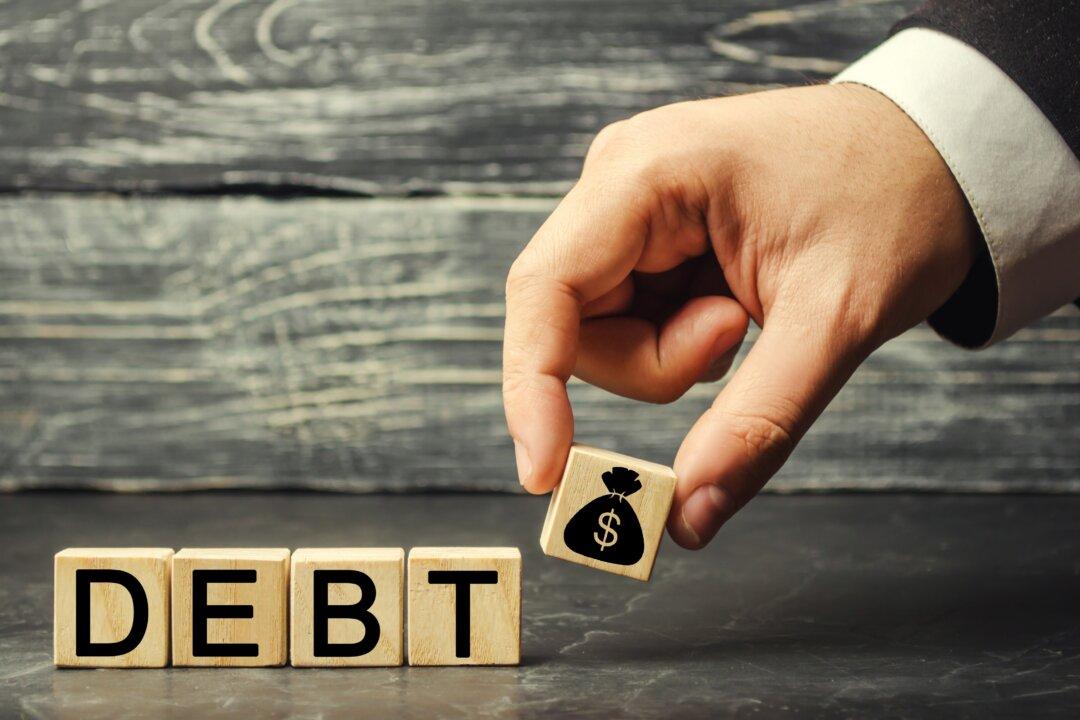From time to time, this kind of question pops up in my inbox: How can I get started investing in stocks and mutual funds that are risk-free and have guaranteed high rates of return?
Of course, that makes me laugh, not only because there is no such thing as a risk-free investment—let alone one with a guaranteed high rate of return—but also because someone thinks I am an investment adviser. I am neither qualified nor licensed to advise anyone on traditional Wall Street, stock market-type investing. But that’s not to say I don’t have some advice for them.





